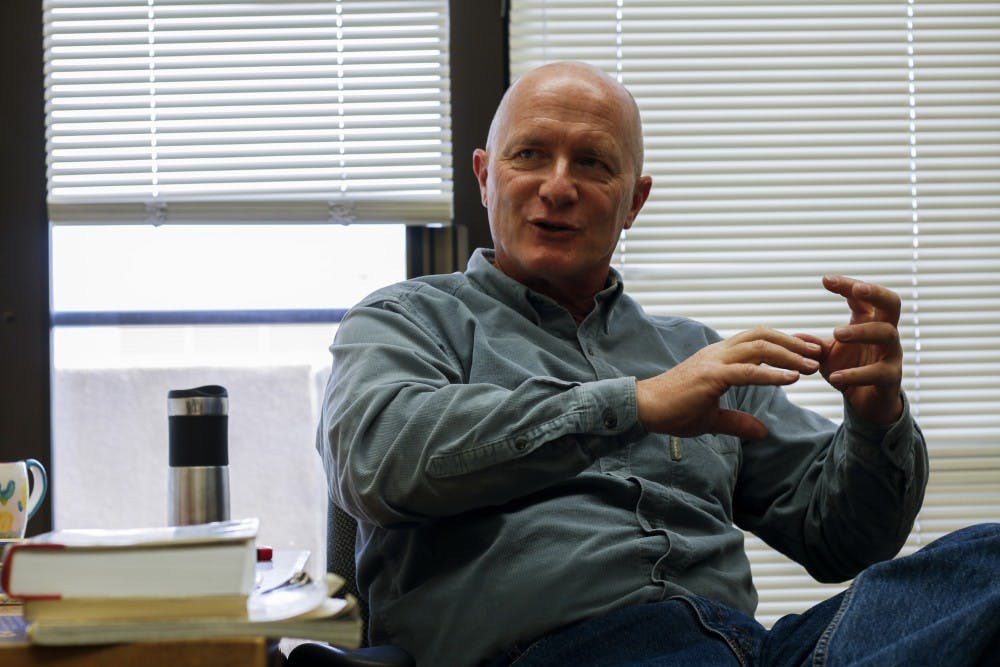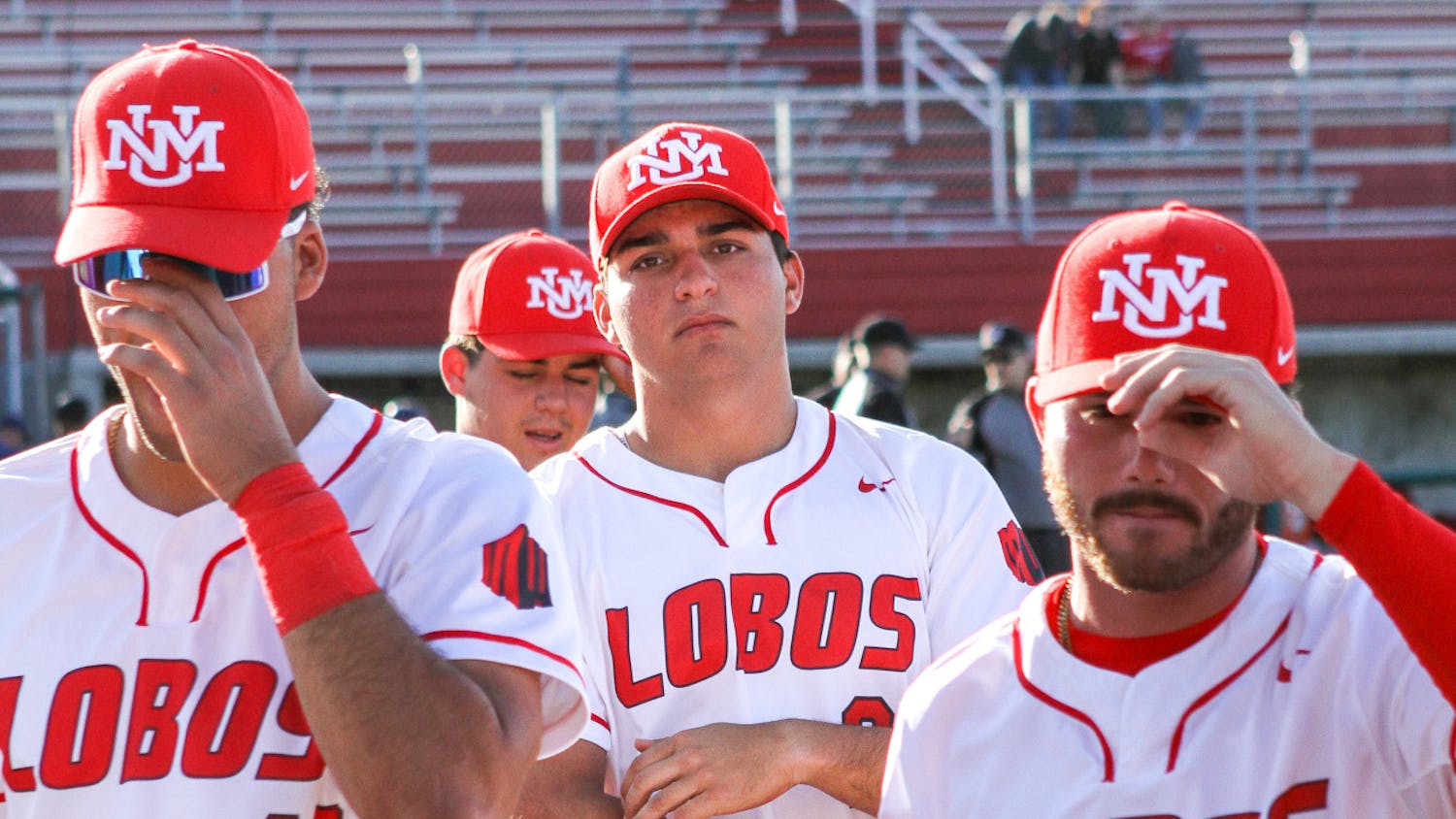Everyone at UNM reads, but the reasons for doing so vary. Students read textbooks because it’s required and instructors read because they do a lot of research. Daniel Wolne, the associate director of the religious studies program, refers to this unavoidable reading as “professional reading.” Its counterpart, reading for personal enjoyment, consists of the non-work related books people enjoy in their spare time.
Wolne provided a list of his five favorite books that, while they are still connected to his professional interests, he still enjoys and finds himself coming back to them frequently.
1. “Tao Te Ching” by Lao Tzu
“It’s a work of ancient Chinese philosophy and metaphysics. It describes ultimate reality, which the author, Lao Tzu, calls the Tao, and talks about how you can get in touch with the ultimate reality. It’s also a work of political thought because Lao Tzu was writing at a time of great disorder in Chinese history. When I first encountered this work in high school, I had never stopped to think that a sort of God or ultimate reality could be anything other than a personal being because I was raised in a Western tradition. So when I encountered this, it was a very different set of ideas to think that maybe, at the highest level, reality isn’t personal but an impersonal collection of forces that govern the universe in a balanced fashion. It was influential because it wasn’t like anything I had ever encountered before.”
2. “The Illuminated Rumi” by Jalal Al-Din Rumi (translated by Coleman Barks)
“It’s another collection of mystical writings by the Persian poet, Rumi ... Rumi’s work has been influential for me in a lot of ways. It helped me to understand Islamic mysticism probably more than any other single poet in Islamic tradition. Rumi is regarded at the prototypical Islamic Sufi. The philosophy that comes out of his poetry is very deep and very beautiful. It’s about the nature of finding evidence of ‘the Divine’ ... in close relationships that you have with people ... I’ve always found Rumi’s ideas fascinating, and his poetry is just, frankly, awe-inspiring to me.”
3. “Contingency, Irony, and Solidarity” by Richard Rorty
“He was a very influential exponent of a contemporary academic mindset across the humanities called post-modernism. Post-modernists, essentially, deny that there is any essential nature to humanity at all. Their broad approach to humans is to say that we’re very much structured by language, culture and society. It wasn’t until I read Rorty’s work that I was really exposed in detail to this idea that’s, in many ways, out of the norm. For most of philosophical history, east or west, people have thought that humans have an essential nature. But then post-modernists come along and say ... that we are contingent beings ... Is there some essential nature as part of us, or are we just contingent beings?”
4. “The Archaeology of Mind” by Jaak Panksepp
“I think in the next couple of decades people are going to realize how revolutionary what he says is. What he’s done is identified the neurochemical correlates to certain emotional circuits in our brains that are shared not just by all humans, but by all mammals... He’s got this seven-circuit model of human emotions... that identifies the neurochemical and neuro-electrical spaces in the brain that generate these different emotional feelings that we have. I found Panksepp’s work really interesting because he’s saying that there is a kind of essential nature to humans ... He’s got an answer to this question of what kinds of beings are humans right from the get-go ... He has something to say about the nature of our emotions and how it’s not all that different from culture to culture or time to time or place to place. He’s given me more to think about with regard to what kinds of creatures are we, what does it mean to live a good life, and that kind of thing.”
5. “What Science Offers the Humanities” by Edward Slingerland
“What he’s trying to do is to bridge the gap to say if we want to understand humanity, then what we need to do is take into account what contemporary cognitive science says about what creatures are humans ... He also says that science can tell a lot about why humans think and behave the way they do and we can find reflections of this in the humanities... In the humanities today, many people in philosophy and English literature don’t want to do the science thing because they think that science is too reductive and too materialistic. There is a tendency to think that humans are of a totally different order than other animals and the rest of nature, because frankly in some ways we are. But Slingerland wants to say, despite the differences, if we’re going to have an accurate picture of humanity, we need to see how humans... are also a product of evolutionary history. It’s kind of a second wave in thinking about the essential nature of humanity.”
Get content from The Daily Lobo delivered to your inbox
Skylar Griego is a culture reporter at the Daily Lobo. She can be reached at culture@dailylobo.com or on Twitter @TDLBooks.






